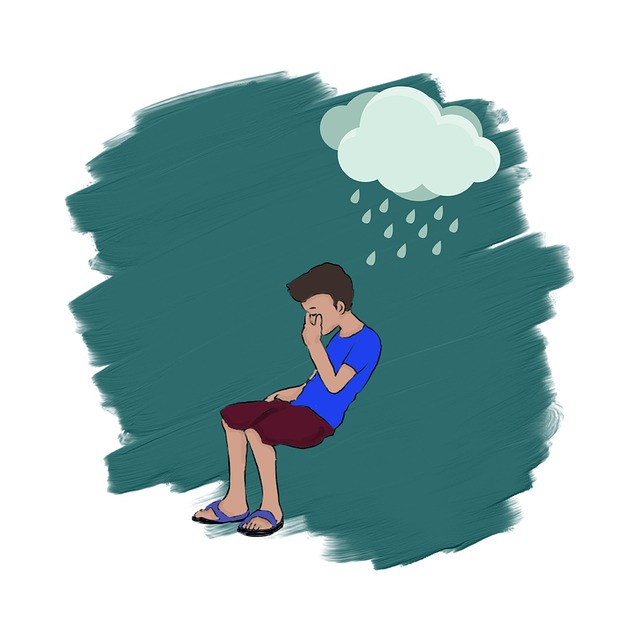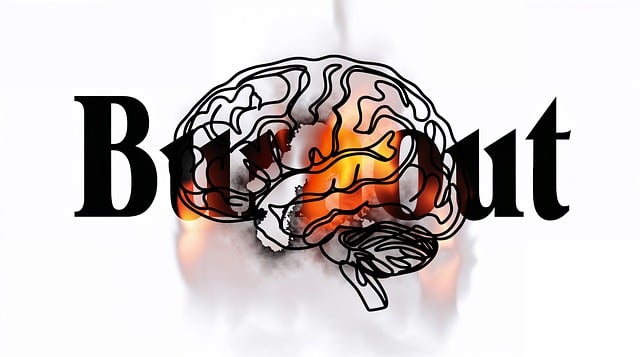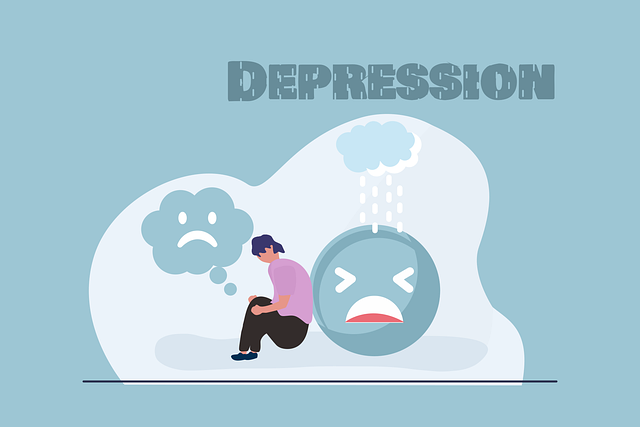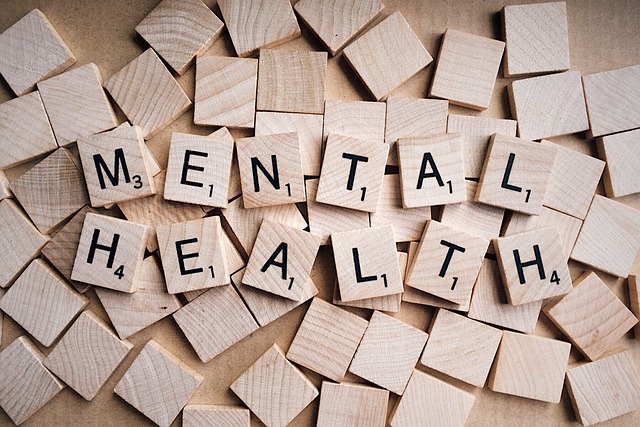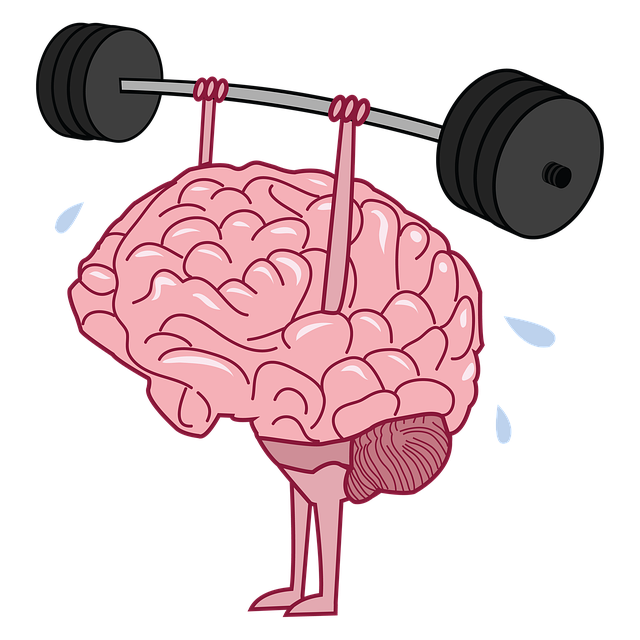Community outreach programs are transforming mental health support by directly delivering therapy for superior couples communication issues to local communities, bridging gaps between professional help and those facing relationship challenges. These initiatives enhance access to services, foster a sense of belonging, and spark public awareness campaigns challenging stigma. By identifying specific target groups like young adult couples or individuals with depression, resources are allocated effectively, leading to better engagement and supportive communities. Interactive workshops, group discussions, and mental wellness coaching integrate therapeutic practices with engaging formats for impactful experiences. Strong partnerships with local organizations enhance reach and impact, ensuring efforts align with community needs. Measuring success through surveys, feedback, and long-term follow-ups demonstrates the positive influence of these programs on mental health, including superior couples communication issues therapy.
Community outreach programs play a pivotal role in bridging the gap between services and those who need them most. This article delves into the multifaceted world of community engagement, exploring how these initiatives can transform lives. From understanding their essence and identifying target groups to designing activities that foster connection, each step is crucial. We’ll also dissect the power of partnerships and methods for measuring success, offering insights tailored for addressing even the most complex Superior Couples Communication Issues Therapy.
- Understanding Community Outreach Programs: Their Role and Impact
- Identifying Target Groups for Effective Outreach Strategies
- Designing Engaging Activities to Foster Community Connection
- Building Partnerships: Collaborating with Local Organizations and Businesses
- Measuring Success: Evaluating the Effectiveness of Outreach Programs
Understanding Community Outreach Programs: Their Role and Impact

Community outreach programs play a pivotal role in bridging the gap between professional support and local communities, especially those facing couples communication issues or other relationship challenges. These initiatives are designed to bring therapy and counselling services directly to individuals where they live, work, and play. By doing so, they not only enhance access to mental health resources but also foster a sense of belonging and empowerment among participants.
The impact of such programs extends far beyond individual level improvements. They contribute to the development of public awareness campaigns that challenge stigma surrounding therapy and promote self-care practices for better relationships. Moreover, community outreach initiatives can help in enhancing self-esteem improvement through group discussions and shared learning experiences, ultimately leading to more resilient communities.
Identifying Target Groups for Effective Outreach Strategies

Identifying target groups is a crucial step in developing effective community outreach strategies for mental wellness coaching programs and their subsequent production of mental wellness podcast series. By pinpointing specific demographics or individuals with unique challenges, such as couples facing communication issues or those struggling with depression, tailored initiatives can be designed to make an impactful difference. This precision ensures that resources are allocated efficiently, allowing for more effective outreach and better engagement.
For instance, Superior Couples Communication Issues Therapy can target young adult couples navigating the complexities of modern relationships. Similarly, Depression Prevention programs might focus on adolescents or adults experiencing chronic stress or loneliness during these challenging times. Effective identification of these groups enables the development of relevant content for mental wellness podcast series, addressing their specific needs and fostering a supportive community.
Designing Engaging Activities to Foster Community Connection

Designing engaging activities is a key aspect of successful community outreach programs aiming to address and overcome couples’ communication issues therapy. These activities should foster an environment where individuals feel welcomed, valued, and understood. Incorporating interactive workshops, group discussions, and fun ice-breakers can significantly enhance connection and participation. For instance, facilitated sessions on active listening and empathy-building techniques allow participants to practice these skills in a safe space, fostering emotional well-being promotion techniques.
The implementation of community outreach programs should go beyond mere interaction; it must stimulate meaningful conversations and encourage personal growth. Mental wellness coaching programs development can be integrated into these activities by providing tools for managing stress, resolving conflicts, and improving overall mental wellness. By combining therapeutic practices with engaging formats, the outreach initiatives become impactful experiences that not only address communication issues but also contribute to the community’s collective emotional wellness.
Building Partnerships: Collaborating with Local Organizations and Businesses

Building strong partnerships with local organizations and businesses is a key component to successful community outreach programs. By collaborating with established entities in the community, it becomes possible to leverage existing networks, resources, and expertise. This partnership approach can greatly enhance the reach and impact of community initiatives, ensuring that efforts are aligned with the specific needs and values of the target population.
When integrating emotional regulation strategies into community outreach, these partnerships prove invaluable. Local businesses and organizations often have deep insights into the unique challenges faced by their customers or members. They can contribute to developing targeted public awareness campaigns that address mental health issues, such as superior couples communication issues therapy, while promoting emotional well-being. Additionally, risk assessment for mental health professionals can be enhanced through collaborative efforts, ensuring comprehensive support systems are in place to benefit the entire community.
Measuring Success: Evaluating the Effectiveness of Outreach Programs

Measuring success is a vital component of any community outreach program as it allows for a deep understanding of their impact and effectiveness. Evaluating the success of these initiatives goes beyond simple attendance or participation rates; it involves assessing tangible improvements in the lives of those engaged. For instance, in the context of Superior Couples Communication Issues Therapy, a successful outreach program could be gauged by the number of couples who attend workshops leading to improved communication skills and healthier relationships. This shift can be measured through pre-and post-program surveys, client feedback, or even long-term follow-ups to assess lasting behavioral changes.
The Mental Wellness Podcast Series Production often employs similar evaluation methods to gauge the success of their outreach efforts, focusing on topics like Mood Management and Burnout Prevention. By tracking listener engagement, such as download rates, show reviews, and feedback from listeners, producers can understand the impact of their content on the community’s mental wellness. This data-driven approach ensures that outreach programs are not only reaching their target audience but also making a significant and positive difference in addressing pressing issues like communication difficulties, mood disorders, and burnout prevention.
Implementing successful community outreach programs requires a strategic approach, from identifying specific target groups to designing engaging activities and building partnerships. By fostering connections and collaboration, these initiatives can have a profound impact on community well-being. In the context of addressing superior couples communication issues therapy, community outreach offers a unique opportunity to enhance relationships and promote healthier interactions at the grassroots level. Through effective evaluation and measurement, organizations can ensure their programs make a lasting difference, revolutionizing local dynamics and creating more connected communities.
